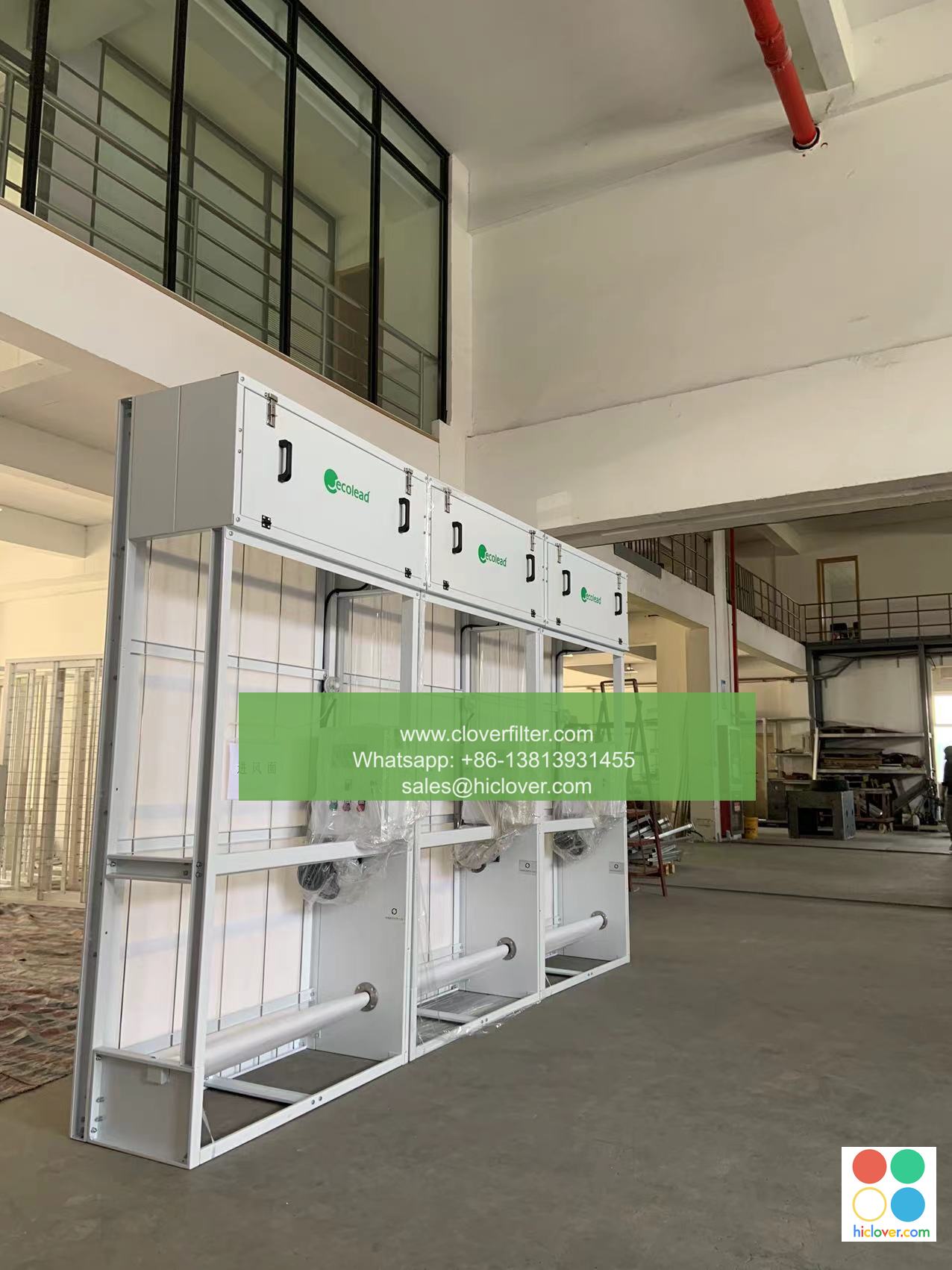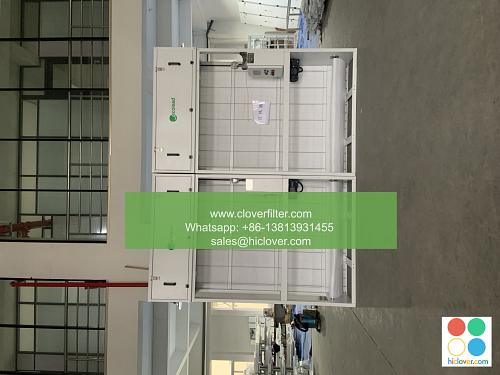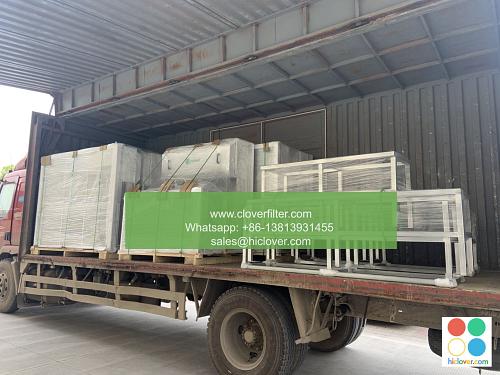Case Study: Implementing Automatic Roll Air Filters in a Charlottetown Food Biotech Laboratory

Introduction to the Charlottetown Food Biotech Laboratory:
The Charlottetown Food Biotech Laboratory, located in the heart of Prince Edward Island, Canada, is a state-of-the-art research facility dedicated to advancing food safety and quality through cutting-edge biotechnology. As a leading institution in its field, the laboratory is committed to maintaining the highest standards of cleanliness and air quality to ensure the integrity of its research and the safety of its personnel. In pursuit of this goal, the laboratory recently undertook a significant upgrade by implementing automatic roll air filters throughout its facilities.
Background and Motivation:
Prior to the implementation of automatic roll air filters, the laboratory relied on traditional fixed air filters that required frequent replacement and maintenance. This not only proved to be time-consuming and costly but also posed a risk of contamination during the filter replacement process. Moreover, the fixed filters often became saturated with particles and moisture, leading to a decrease in air quality and an increase in the risk of microbial growth. Recognizing these challenges, the laboratory’s management sought a more efficient, reliable, and hygienic solution to maintain optimal air quality.
Implementation Process:
The implementation of automatic roll air filters in the Charlottetown Food Biotech Laboratory was a meticulously planned and executed process. Initially, a comprehensive assessment of the laboratory’s air filtration needs was conducted to determine the required filter size, airflow rate, and installation locations. Following this assessment, automatic roll air filter units were strategically installed in areas of high foot traffic and near sensitive equipment to maximize their effectiveness. The units were equipped with advanced sensors that continuously monitor air quality and automatically roll out new filter media as needed, ensuring consistent and high-quality airflow.
Benefits of Automatic Roll Air Filters:
The integration of automatic roll air filters into the Charlottetown Food Biotech Laboratory has yielded several significant benefits. Firstly, the filters have substantially improved air quality by efficiently removing particles, moisture, and microbial contaminants. This enhancement in air quality not only protects sensitive equipment and research materials but also contributes to a healthier environment for laboratory personnel. Secondly, the automatic nature of these filters has minimized maintenance requirements, as they operate independently with minimal human intervention. This reduction in manual handling has decreased the risk of contamination and freed up staff to focus on core research activities. Lastly, the cost-effectiveness of automatic roll air filters has become apparent, as they reduce waste and lower replacement frequencies compared to traditional fixed filters.
Challenges and Future Directions:
While the implementation of automatic roll air filters has been highly successful, the laboratory has encountered some challenges, including initial setup costs and the need for staff training on the new system. However, these challenges have been far outweighed by the benefits, and the laboratory is now exploring further enhancements to its air filtration systems. Future plans include integrating the automatic roll air filters with other laboratory systems to create a fully automated and interconnected environment. This will enable real-time monitoring and optimization of air quality, further solidifying the laboratory’s position at the forefront of food biotechnology research.
Conclusion:
The implementation of automatic roll air filters in the Charlottetown Food Biotech Laboratory represents a significant advancement in the facility’s pursuit of excellence in research and personnel safety. By adopting this cutting-edge technology, the laboratory has successfully improved air quality, reduced maintenance needs, and enhanced overall efficiency. As the laboratory continues to evolve and expand its research capabilities, the integration of innovative solutions like automatic roll air filters will remain crucial in supporting its mission to advance food safety and quality through biotechnology.
FAQs:
Q: What are automatic roll air filters, and how do they work?
A: Automatic roll air filters are advanced air filtration systems that use a continuous roll of filter media. As the filter becomes saturated with particles and contaminants, it automatically rolls out new media, ensuring consistent air quality with minimal maintenance.
Q: What benefits does the Charlottetown Food Biotech Laboratory expect from implementing automatic roll air filters?
A: The laboratory anticipates improved air quality, reduced maintenance requirements, and increased cost-effectiveness, all of which are critical for maintaining a safe and efficient research environment.
Q: Are automatic roll air filters suitable for all types of laboratories and research facilities?
A: Yes, automatic roll air filters can be tailored to meet the specific needs of various laboratories and research facilities, offering a versatile solution for enhancing air quality and operational efficiency.


